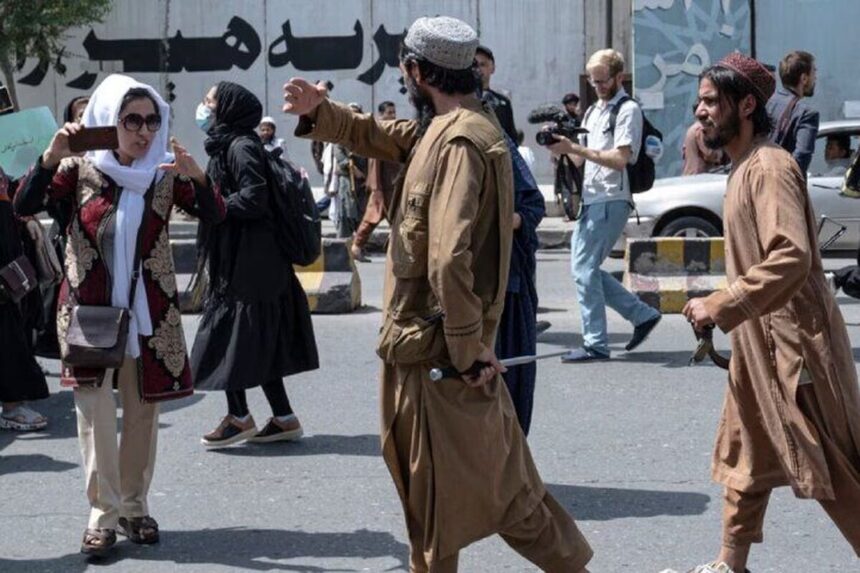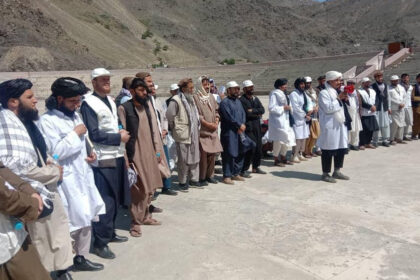RASC News Agency: The Ministry for the Propagation of Virtue and Prevention of Vice under the Taliban regime has launched a heightened campaign against the photographing and filming of living beings. A spokesperson from the ministry stated on Saturday that capturing images, whether in homes or offices, is considered un-Islamic. As outlined in Article 17 of the Taliban’s Virtue and Vice Law, all forms of photography involving living creatures are deemed illegal.
This ban marks the Taliban’s formal move towards curbing photography, videography, and certain media activities across several provinces. The group argues that photography is a “grave sin” according to the teachings of Prophet Muhammad. On Saturday, the ministry posted a statement from Muhammad Yahya Arif, a cleric affiliated with the ministry, on the platform “X”. In this message, Arif insisted, “Photographing any living beings, such as donkeys, dogs, lions, and birds, is forbidden. These images should not be bought, sold, or displayed in homes.”
In his public address, Arif emphasized that this prohibition is not based on personal opinions but is an obligation rooted in Sharia law and the prophetic tradition. He called on citizens to abstain from image-making, warning that this practice constitutes a “sin” and invites “divine punishment.” Scholars across the Islamic world have condemned the Taliban’s interpretation, characterizing it as an extreme and regressive viewpoint. This stance, they argue, contradicts broader Islamic teachings and the perspectives of bodies such as the Organization of Islamic Cooperation (OIC).
Many Islamic scholars even assert that the Taliban’s radical interpretations are tarnishing the global image of Islam. In line with this policy, the Taliban has begun targeting visual media outlets, starting with Kandahar, and subsequently moving to Takhar, where local television stations were forced to close. On Saturday, sources indicated that the Taliban intends to suspend broadcasts from Afghanistan’s National Television.
This oppressive campaign has met with considerable opposition, both from within Afghanistan and the international Muslim community, many of whom see the Taliban’s actions as a deliberate regression to outdated norms that damage Islam’s reputation on the global stage.






